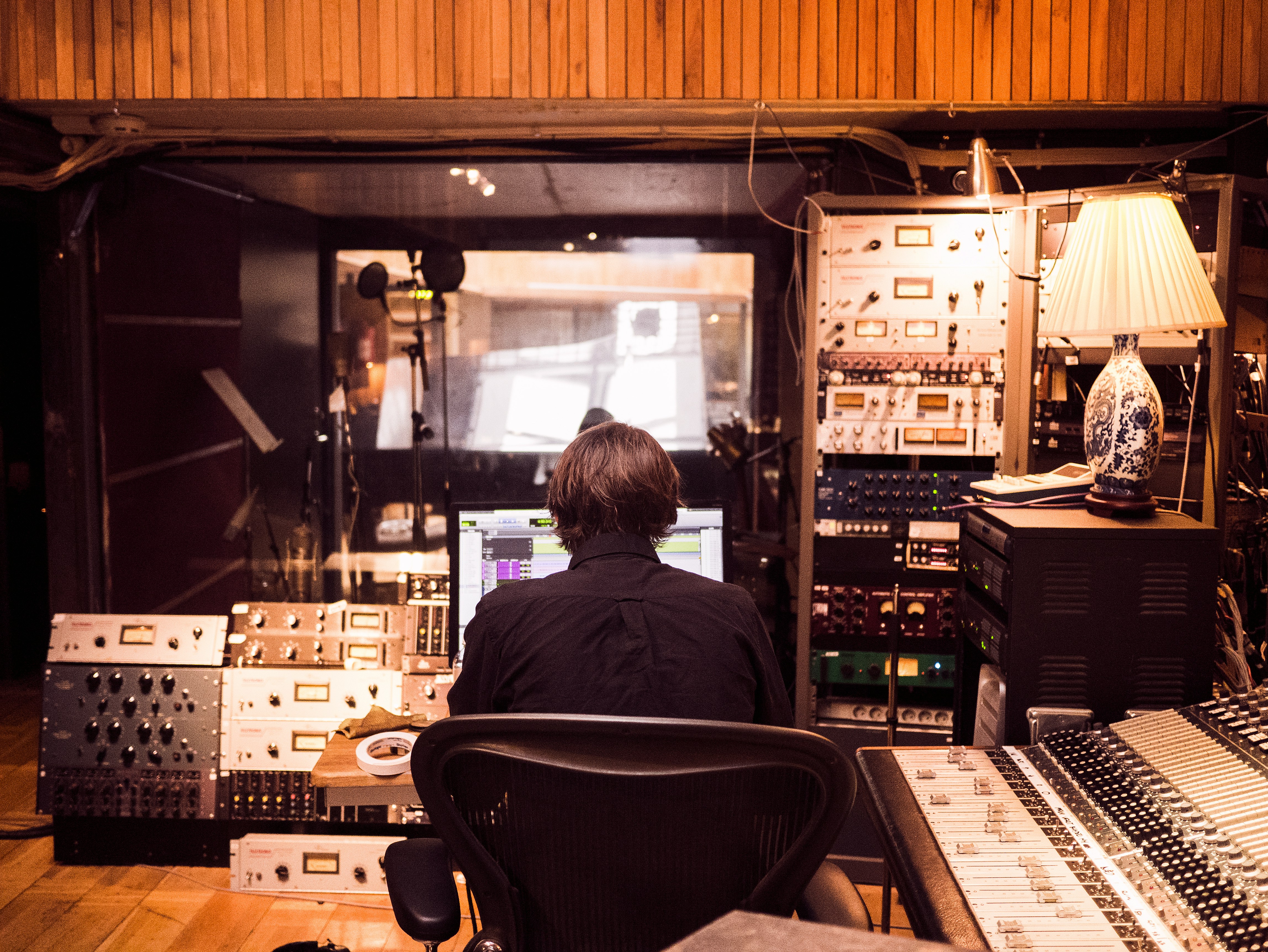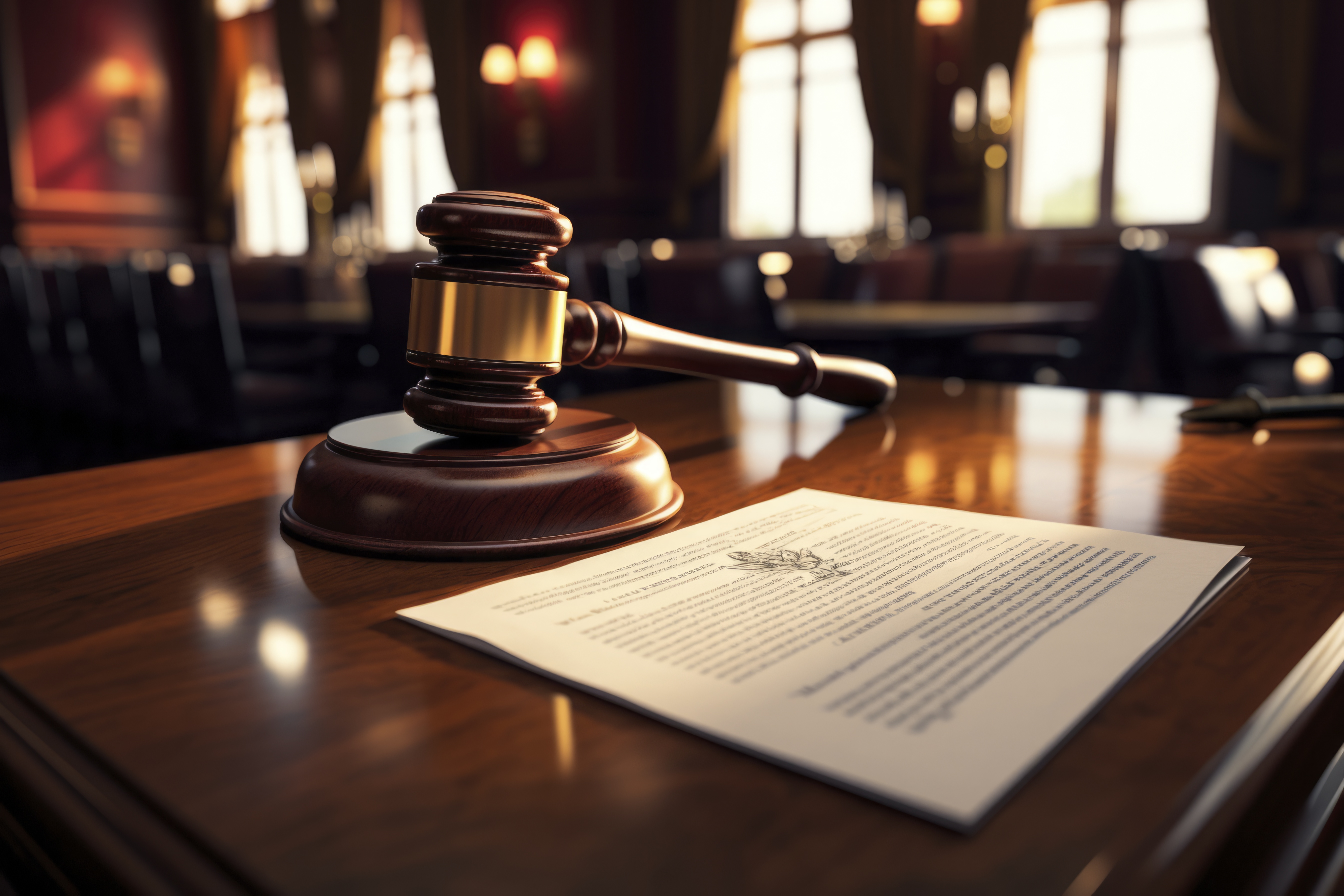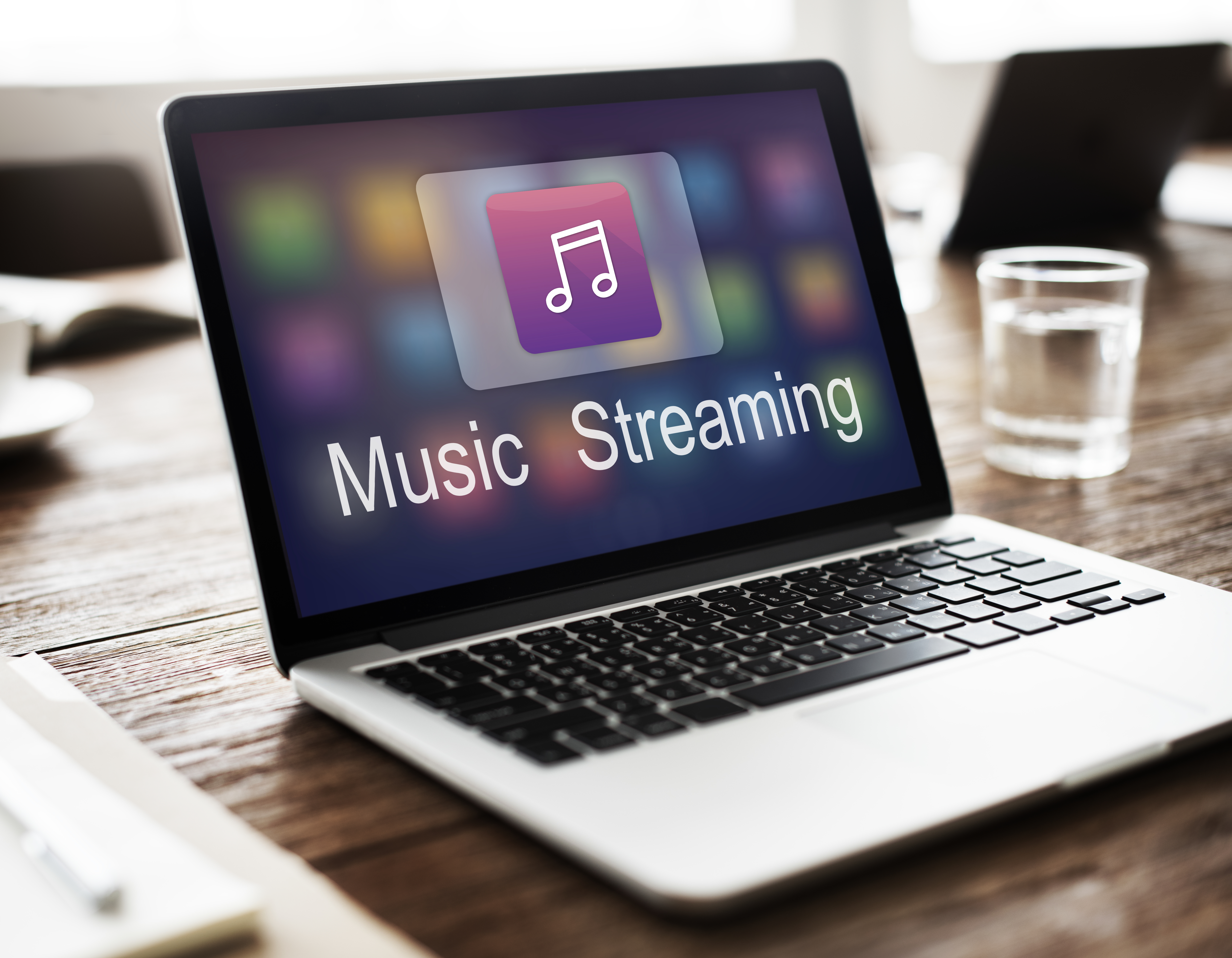What Is Music Copyright and Why It Matters?
by WriteSeen
Music copyright explained: it's the legal framework that protects the creativity of musicians, songwriters, and producers by securing their exclusive rights to their work. Essential to the industry, it safeguards the lifeline of all creators.
The basics cover compositions and sound recordings, offering protection for years. Without pushing through lengthy procedures, international agreements ensure global security. Creators can monetize through licenses, royalty systems, and a somewhat complex digital environment. Understanding this empowers you to protect and profit from your art within the creative sphere.
The Basics of Music Copyright
Music copyright is the cornerstone of any creator's toolkit. Its primary aim is to protect the rights of those who pour their soul into creating music. By understanding the basics, creators can safeguard their work and ensure it earns them due recognition and revenue. Here's what you need to know:
- Understanding what it covers: In the world of music, copyright protects both the composition and the recording. Compositions include the notes and lyrics, while sound recordings capture the actual performance. Both elements need protection to ensure creators are fully covered.
- Duration matters: In the U.S., copyrights for compositions last for the life of the creator plus 70 years. Sound recordings are protected for 95 years from publication. This ensures that creators and their heirs benefit from their hard work for generations.
- International protection: Thanks to agreements like the Berne Convention, registered music enjoys protection in participating countries without extra hassle. This global approach is crucial for creators aspiring to reach an international audience.
Understanding these basics isn't just crucial—it's empowering. With this knowledge, you control your creative rights, navigate the music industry's complexities, and extract the full value of your work.
The Two Forms of Music Copyright: Composition and Sound Recording
Music copyright isn't one-size-fits-all. Two main types cover distinct elements of your work—the composition and the sound recording. Creators must grasp these differences to maximize their rights and income.
Composition Copyright
This covers the song's underlying music and lyrics. Owned typically by songwriters and composers, this form of copyright is fundamental in ensuring these creators get their fair share. It's the heart of songwriting and covers how others might want to use the song.
- Rights for creators: When others perform, reproduce, or adapt your music, they owe you royalties. These rights are vast, impacting live performances, sheet music sales, and more.
- Collaborative nature: Often, compositions involve multiple creators—from lyricists to composers. Knowing who owns what ensures transparency and avoids future conflicts.
Sound Recording Copyright
Sound recording copyright pertains to the recording of the composition. Performers, producers, and labels usually hold these rights.
- The performer’s domain: When a piece goes from lyrics and music to a recorded track, this copyright kicks in. It ensures that recording artists are paid when their tracks are streamed, sold, or played.
- New challenges in digital age: Digital platforms complicate how royalties are distributed, emphasizing the need for robust copyright measures to ensure performers are compensated.
By understanding these two types, creators and industry professionals can navigate the ecosystem more effectively. Secure both forms to solidify income streams and maintain creative control.
Why Registering Your Music is Essential
Registering music copyrights isn't just a bureaucratic hoop—it's your strongest defense and best financial strategy. Without registration, you're vulnerable to misuse and lose out on potential revenue.
- Legal leverage: While copyright protection is automatic upon creation, registration gives you legal advantages in court. You can sue for statutory damages, which are often substantial compared to actual losses.
- Proof of ownership: Registration provides a public record of your claim, crucial when your rights are challenged or when negotiating deals and licenses.
- Global recognition: As more of your music gains traction, registration ensures international recognition. This is vital for harnessing worldwide opportunities and maximizing earnings from global markets.
Creators who register their work can confidently engage with the industry, knowing their rights are enforceable. It's a fundamental step in your creative journey—making sure you’re not just protected but also ready to capitalize on every opportunity.

Navigating the Copyright Registration Process
Embarking on the journey to register your music copyright doesn't have to be daunting. Follow these straightforward steps to secure your creative efforts.
-
Prepare your work: Decide whether you're registering for the composition, the recording, or both. Having all versions and related documentation ready will simplify the process.
-
File with the copyright office: Head to the U.S. Copyright Office website. Online forms streamline your application, and for creators everywhere, similar processes are in place.
-
Submit required details: Provide accurate information about the work, its creators, and ownership specifics. Consistency here saves trouble down the line.
-
Pay the necessary fee: While there are costs involved, think of this as an investment in your future income. These fees vary, but they protect against far greater potential losses.
-
Receive confirmation: After submission, you get a registration number, confirming your work's protection. This verification is your ticket to peace of mind and industry engagement.
Secure your creative output by registering in a timely and accurate manner. It’s straightforward, essential, and it increases your earnings potential by leaps and bounds.
How Copyright Infringement Occurs and Consequences
Copyright infringement is like throwing a wrench into the gears of your career. Knowing how it happens and the aftermath can help you safeguard your work and steer clear of trouble. Let's break it down:
-
Common Violations: Infringement often occurs through unauthorized sampling, public performance without permission, illegal downloads, or unlicensed usage in videos. Even a seemingly small infraction can lead to big headaches.
-
Consequences at Stake: If someone infringes on your copyright, you can take legal action. This might result in significant fines and punitive damages, serving as both compensation and deterrent. Respected legal precedents, like the infamous “Blurred Lines” case, show how costly infringement can become.
Protecting your music not only shields your rights—it preserves your credibility.
- Proactive Measures: There are many ways to deter infringement. Setting up licenses clearly gives instructions for use. Use technology like digital fingerprinting to track potential misuse. Staying vigilant keeps your intellectual property dealings transparent and enforceable.
Understanding copyright infringement saves creators from potential pitfalls. By being aware and proactive, you can ensure your music stays respected and profitable.

Licensing and Permissions: Monetizing Your Music Legally
Licensing is where creativity meets business sense. It turns your music into income while maintaining control over how it's used. Here’s how to navigate the licensing landscape to your advantage.
Types of Licenses
Different scenarios require different licenses, and selecting the right one is crucial for maximizing earnings.
-
Mechanical Licenses: These deal with reproducing your music—think CDs, digital downloads, or any physical copies. They ensure you’re compensated when people want to own a piece of your sound.
-
Performance Rights: Managed through performance rights organizations (PROs), these licenses cover instances when your music is performed in public, be it in concerts, restaurants, or on the radio.
-
Synchronization Licenses: Want your song in a movie, TV series, or commercial? A sync license ensures you get paid for this lucrative opportunity to pair your music with visuals.
Negotiating the right licenses ensures not only financial gain but also guides how your music is experienced worldwide. With this knowledge, you align your artistic vision and revenue goals seamlessly.
Music Copyright and Digital Platforms
The digital evolution of music consumption puts your copyright knowledge to the test, especially with popular platforms like YouTube, Spotify, and TikTok. Here's how to navigate these waters:
YouTube and Content ID
Without proper licensing, using music on YouTube can lead to content being flagged or monetized by others. Content ID technology helps detect infringement and allows creators to claim ad revenue. Knowing how to use Content ID effectively can protect your assets.
Streaming Platforms
Spotify and similar services pay artists based on streams—a volume game with unique opportunities and challenges. Ensure your music is licensed with platforms, which guarantees that each play contributes to your earnings.
TikTok and Viral Trends
A rising tide for creatives, TikTok requires special attention to music rights. Licensing agreements with the platform let your tracks reach new heights without infringement issues. It’s key for expanding reach in today's digital age.
Staying savvy in the digital landscape opens new avenues for income and audience engagement. Equip yourself with knowledge to thrive online.

Protecting and Enforcing Your Music Copyright
Being prepared is halfway to winning any battle. Here's how you actively protect and enforce your music copyright.
-
Leverage Technology: Platforms like Content ID and SoundExchange offer databases and matching systems to track your music's use. Employ these tools to prevent infringement.
-
Seek Legal Assistance: If you discover infringement, consult legal professionals promptly. Cease-and-desist letters or direct negotiations often resolve disputes without the courtroom.
-
Explore Blockchain: Emerging technology provides transparent, tamper-proof ways to track rights and royalties. As this tech develops, staying informed can future-proof your rights management.
The ability to enforce your rights gives security in ownership, enabling you to focus on creating while knowing your creations generate their full value.
Conclusion
A solid understanding of music copyright ensures creators aren't just shielded but also poised to capitalize on their creations. From registration to navigating licenses and handling digital platforms, each part enhances control and profitability. The insights gained are not just about legal protection—they're about leveraging opportunities in every note you craft. Empower yourself with this knowledge, and watch your music thrive across the world.
TAGS